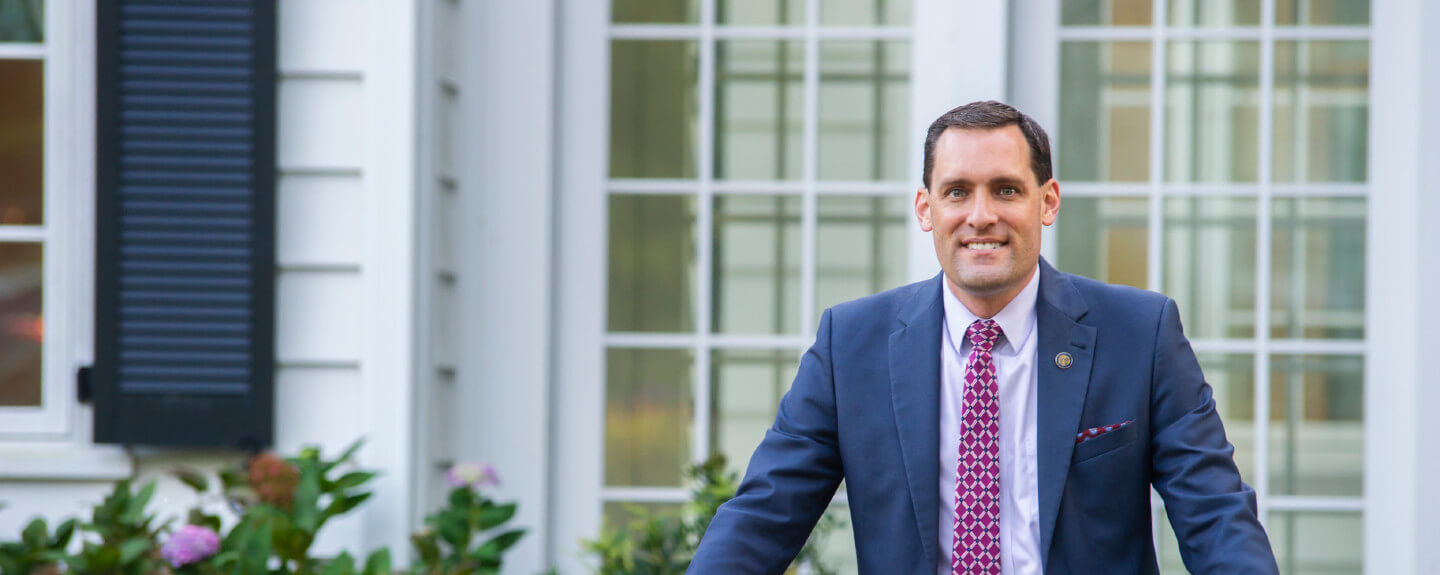A Way Forward for Mental Health in Our State
When I’m in the public eye, I really try to focus on the public. As confusing as that sounds, I really feel that my job requires me to listen more than talk. For instance, I’ve been both an emcee and a panelist at the annual Legislative Breakfast on Mental Health, but in each role I’ve tried to keep the focus on the experts in the room and listen to what they are asking of policy makers.
At this year’s breakfast, I found the tables turned. I was sitting on a “Lived Experience Panel” with two other elected officials to discuss how mental health issues have affected us personally. I thought I was ready, but I wasn’t. The lights were hot and even with a room full of people who fully understood that mental health challenges impact us all, even though I knew what I was going to say, I found myself at a loss for words.
I was prepared to talk about what it has been like raising a child who struggles with depression and other mental health challenges. I knew that my story needed to stay focused on my experience as a parent, and not try to tell her story — which only she can share.
As an adoptive parent of an African-American child, we had great training on cross-cultural competence, but no training at all on how to address childhood trauma or youth mental health issues. I was frustrated with how difficult it was to find the help that you need for a child when many mental health resources are only available after a child goes into crisis.
I felt judgment from friends and family who thought that our daughter would act better if we just changed our parenting style. And I struggled with the paradoxical feelings of guilt and relief when things got so bad that my daughter was hospitalized on Christmas Eve.
And yet, I struggled to convey those things. Even though literally every single person in the audience could relate to my experiences either personally or professionally, I had never felt how heavy the stigma of mental health is in our culture as I did at that moment.
I know that every person who shares a personal story of struggling with mental health helps to reduce that stigma, which is why I’m writing about it here. And I also know that there are changes I can make as a policy maker to address this stigma and improve the support systems available for those in need of mental health services.
Listening for where my experience aligns with others and the perspective of experts, I have compiled six changes that I will continue to advocate for in how North Carolina addresses mental health services:
- Ensuring complete mental health parity in all private health insurance plans, allowing anyone with insurance to have an affordable way to access the treatment that they or their loved ones need.
- Reforming North Carolina Medicaid so that participants have access to physical and mental health care through one system, while also ensuring that system prioritizes services over profits.
- Providing additional funding for school mental health professionals at all levels, including social workers, guidance counselors, and school psychologists.
- Building or supporting additional mental health crisis centers that provide acute care for people of all ages, thereby moving those in crisis out of prisons and emergency rooms.
- Investing in combined substance abuse and mental health treatment programs that specialize in moving people from addiction to employment and family stability.
- Increasing the size and access of specialty courts like Veterans’ Court and Mental Health Court that connect people directly to services in an effort to keep them out of jail.
I heard dozens of other great ideas at that breakfast. I know there is so much more we can do to find a way forward. If you have other ideas of ways that the General Assembly can improve mental health services and access to them in North Carolina, please reach out and share your thoughts. I’m listening.
Graig Meyer is the State Representative for House District 50, covering portions of Orange and Caswell Counties. He can be contacted at graig.meyer@ncleg.net. This article first appeared in the News of Orange and Caswell Messenger.

